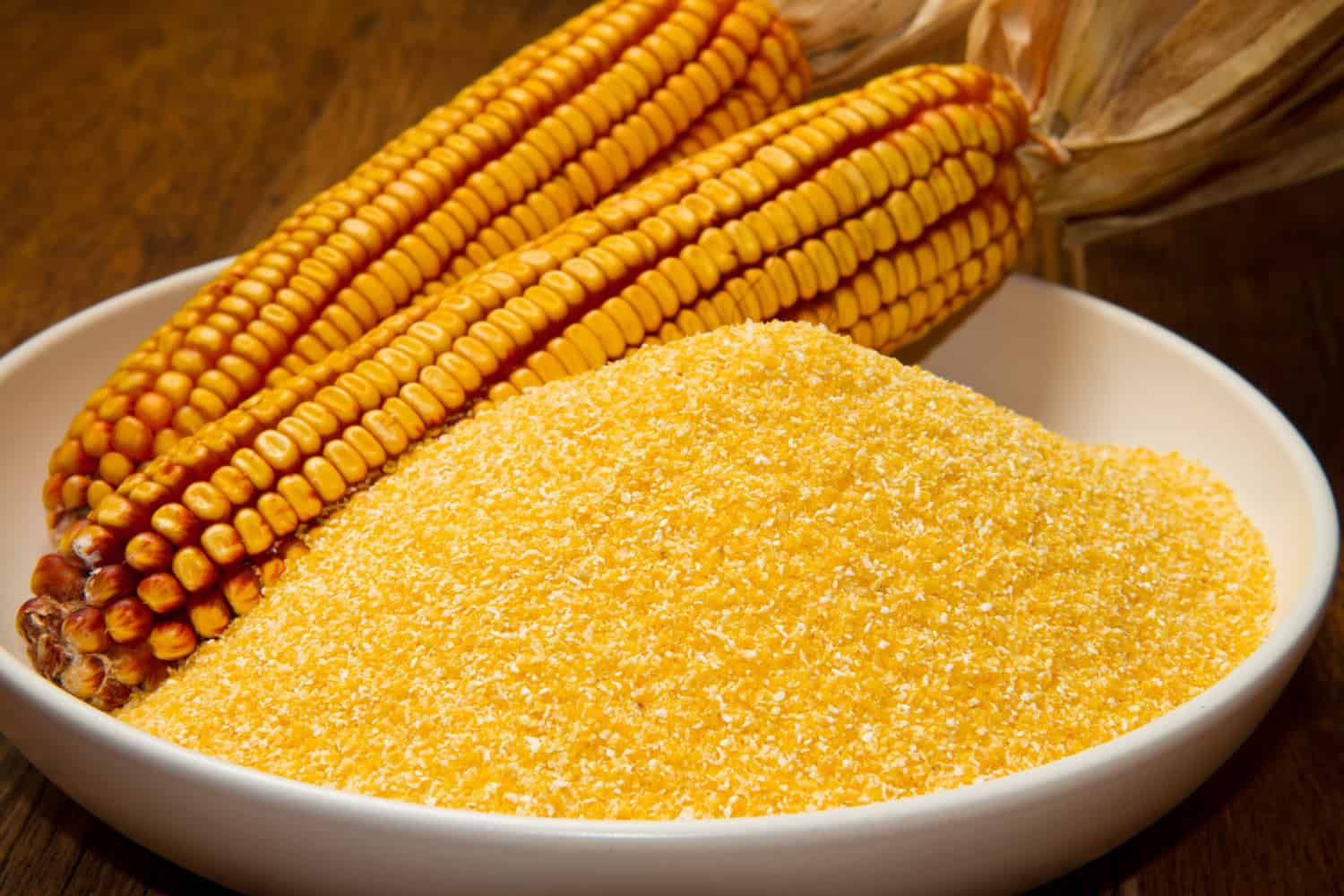Whether it’s tiramisu or any other dessert, caffeine can be an add-on. To be honest, a bit of caffeine surely adds a kick to the food item you’ve been making.
But the making of these items might need baking or cooking them. So one concern can be: does caffeine cook out?
Well, it doesn’t. Caffeine is an element that has a higher boiling point than water. Due to its solid form, it doesn’t evaporate at boiling temperature. Even when evaporating, only the water mixed with it evaporates. But the caffeine remains to enact. So it doesn’t cook out.
To know more about the topic, you have to read the whole article.
Can Caffeine be Cooked out?-Why Not?
No, caffeine can’t be cooked out. What happens is the water cooks out due to evaporation. But the caffeine flavor remains on the food. There are certain reasons why caffeine can’t be cooked out. So let’s not dilly dally and get right into it.
Well, caffeine in the coffee dissolves in the boiling water. But it cannot be usually cooked out because caffeine is mostly solid.

It doesn’t cook out as it has a crystalline structure. That means it has a form that is not easy to cook out. If you think about its chemical bond, cooking out caffeine is not possible.
Another factor about caffeine is that it’s likely to stay stable even in high temperatures. So this is another factor that contributes to caffeine not cooking out.
As we know caffeine cannot be cooked out but it boils at the temperature of 178 degrees celsius. But even at this temperature, it won’t change chemically. But the temperature has an impact on caffeine just like it has on alcohol. But both caffeine and alcohol don’t go bad when exposed to heat.
When we add caffeine into boiling water, it dissolves at 100 degrees celsius. But caffeine doesn’t evaporate or cook out at that temperature.
As it won’t evaporate, it surely dissolves with water and other ingredients. As a result, it stays in the food instead of cooking out.
What Happens When You Try to Cookout Caffeine?
While trying to cook out caffeine we notice it only dissolves in the water. But it stays on the food and doesn’t evaporate or cook out. But what actually happens is that while cooking, the caffeine flavor gets in touch with other ingredients.
It creates a balance between those ingredients used on the dish by adding an extra flavor.
But you may want to know: does cooking with caffeine make the flavor more intense?
Well, the intensity of the flavor depends on how much caffeine is being used. Precisely if it’s being used on a high amount like 1 cup, the flavor will be a bit intense.
But if you use an average amount ( 1-1.5 tablespoons), there’s no need to be bothered about the intensity.
Thus, cooking, boiling, or baking with caffeine doesn’t bring any variety to the flavor. It simply gets mixed with other flavors.
So it combines with other flavors but never cooks out. If you’re here to know if there’s any way to cook out the caffeine, hopefully, you got the answer.
If not, then the answer is no. There is no way to cook out the caffeine.
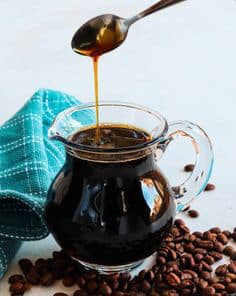
But in higher vapor pressure, some of the caffeine might evaporate off. Some may think that the evaporation of caffeine is more like how oil evaporates.
But even if it does it will be in a very small amount.
Still, evaporating won’t mean that it can be cooked out in any circumstances.
Now you’re sure that caffeine can’t be cooked out so here’s a tip. If you are intolerant towards caffeine then it is good for you not to use it in the first place.
Does Mixing Baking Soda with Caffeine Make It Cookout?
No, mixing soda with caffeine doesn’t really bring any effect. The soda won’t even boil until the caffeine isn’t hot enough.
But it does, it reduces the acidity of the caffeine. So the caffeine won’t cook out but it’ll taste a little yummier than before.

In most cases, the difference isn’t quite observed as the soda will make the caffeine taste salty. So when baking soda is used in cakes and other foods, it usually changes into carbon dioxide. Then it also changes into a harmless sodium salt that brings that salty flavor to the food.
And this baking soda imparts a bitter taste in the food. As caffeine itself already has a bitter flavor, it is good not to mix soda with caffeine. In short, the soda will boil but the caffeine won’t be cooked out or anything. But there will be a slight change of taste in the food.
Does Caffeine in Coke Go Away if You Boil it?
No, the caffeine in coke doesn’t go away if it’s being boiled. While boiling, the liquid substance evaporates but the caffeine stays at the bottom.
Well, the presence of caffeine in coke might bother you. In that case, you can opt for drinks that don’t have any caffeine on them. Here’s our favorite non -caffeine drink suggestion.
Zevia Zero Calorie Soda
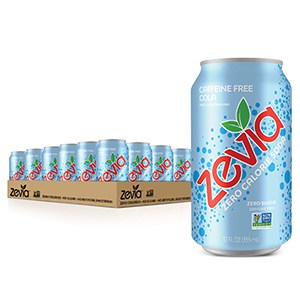
365 by Whole Foods Market, Soda
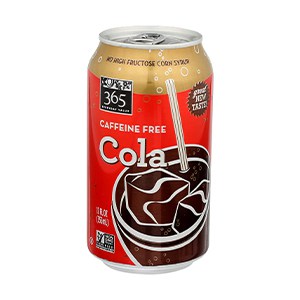
So you can just choose any one of the drinks that we mentioned. Or you can always go for liquors. Because as an individual drink or a cooking ingredient they do just fine.
Also, alcohol doesn’t even go bad when exposed to heat. So it’s also perfect for cooking.
What Are The Effects of Having Caffeine in Food?
Caffeine does have some effects on the body when being consumed. Here are some we summarised for you:
| Positive Effects | Negative Effects |
| Lightens up mood | Insomnia |
| Keeps you awake | Stomach irritation |
| Enhanced metabolism | Nervousness |
You now know what can happen, however, let’s explain it further in detail.
For example, caffeine is often taken because of its good taste. But sometimes we take caffeine to keep the mind alert. By that we mean people often consider caffeine as a tonic to stay awake.
Caffeine can let you concentrate on work during the night shift. It even helps with an afternoon slump and has other benefits. That includes stimulating the brain and helps to get out of sluggishness. So anyone can have it to increase wakefulness or for the improvement of focus and alertness.
Other than that, caffeine hypes up the mood. It boosts mental and physical performance including metabolism.
Speaking of that, caffeine develops thinking skills and abilities. To enhance enough activeness and energy during sports or exercise, you can count on caffeine. People also drink coffee in order to get slim as it helps to lose weight.
Now you may want to know how much caffeine is dangerous to health?
So here’s a catch, caffeine should be used in a sufficient amount. When it is used in a large amount people happen to go through a sickness like blood pressure.
The ideal amount would be 400 mg of caffeine per day for an adult. This means you can use 2 cups of coffee.
Well, hope you got the idea of whether caffeine cooks out or not. I’m sure you’re now aware of the health benefits of it as well.
FAQs
Question: Can I use caffeine in a dish and bake it?
Answer: Yes you can bake a dish with caffeine in it. You don’t need to worry about the caffeine, rather make sure that the other ingredients are oven safe.
Question: Can caffeine burn off when cooking?
Answer: Yes caffeine can burn out. If you put it on 100 degrees celsius heat, it might start to burn off. And the food will taste bitter as the caffeine burns out.
Question: Do energy drinks have caffeine on them?
Answer: Yes, a lot of energy drinks use caffeine. Because caffeine is considered to be a chemical that keeps the brain awake and active. So a proper concentration of caffeine is used in energy drinks.
Bottom Line
Congratulations buddy on landing on the last segment of the article. You got to know does caffeine cook out or not.
So why not share what happened when you tried to use caffeine? Do you have any extra tips for us? You can share it in the comment section below. We’d love to see them.
Thank you!
- How Long Does Vegan Butter Last? Mystery Solved - January 9, 2024
- How Long Does Vegan Mayo Last - January 2, 2024
- From Pot to Plate: How Long Does Vegan Chili Last in The Fridge? - December 26, 2023

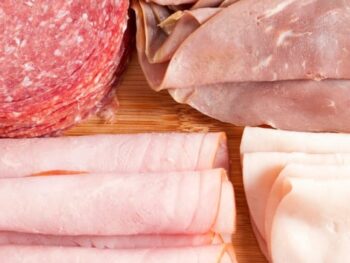
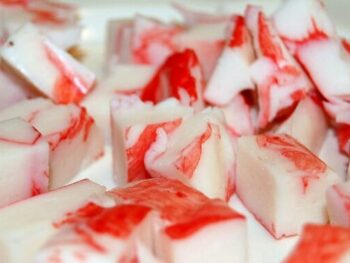
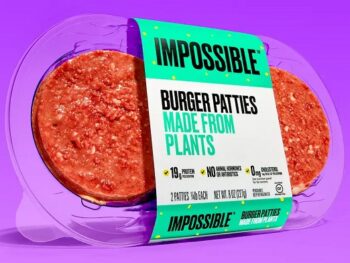
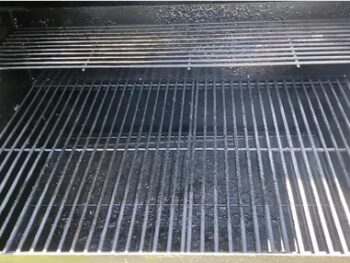
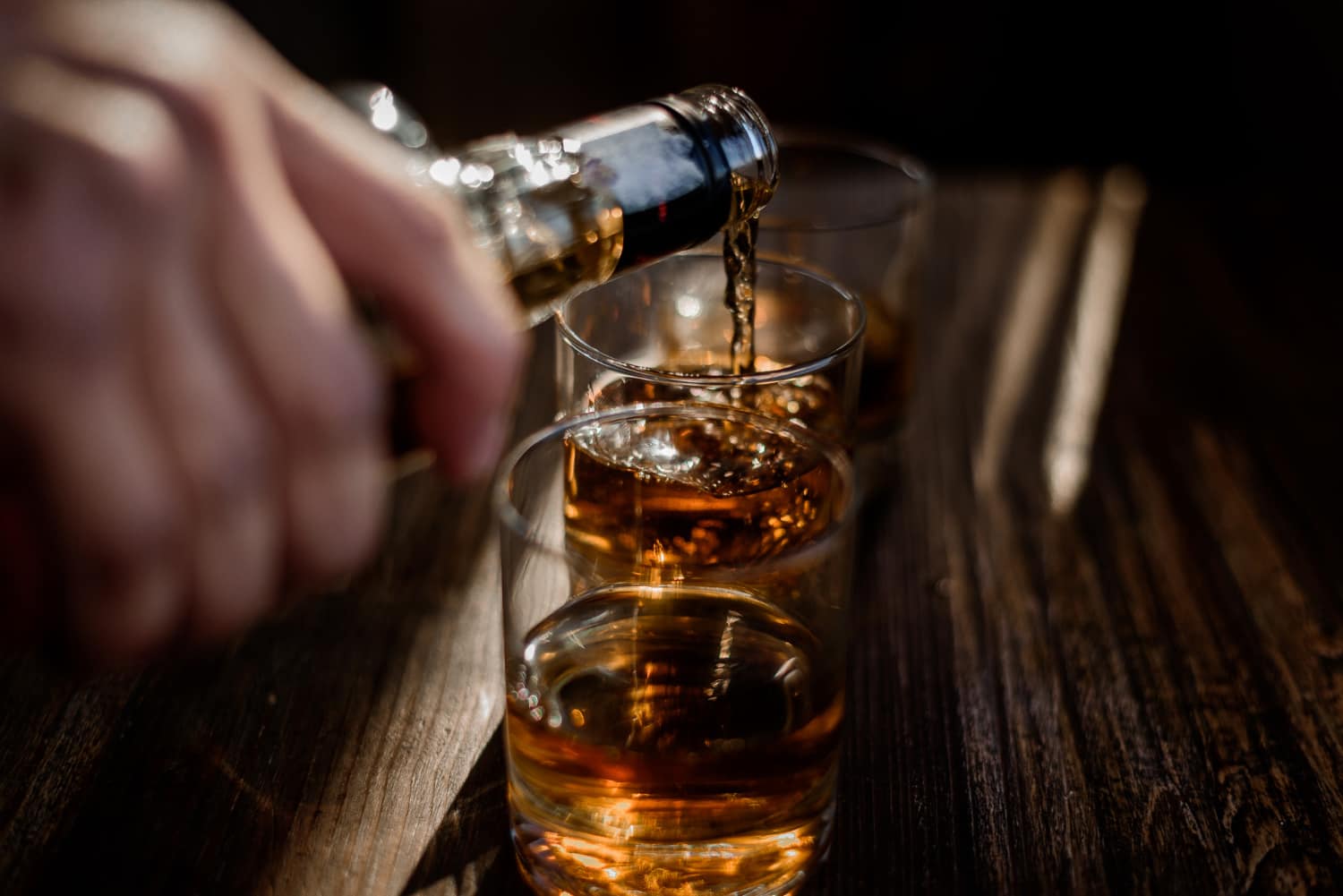 Does Alcohol Go Bad in Heat?-Explained!
Does Alcohol Go Bad in Heat?-Explained!